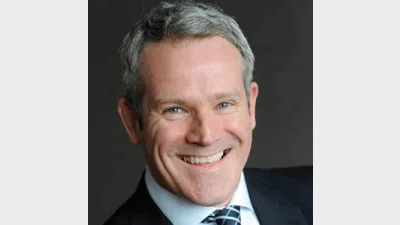Investors more selective on emerging market debt



Institutional investors are questioning the make-up of global aggregated indices and starting to take advantage of the strong underlying fundamentals of emerging market debt (EMD), according to HSBC Global Investments head of global investments Geoff Pidgeon.
He said EMD experienced annualised hard currency returns four times greater than global bonds in 2012 (around 18.5 per cent compared to 4.2 per cent, respectively) and inflows of around $94 billion, more than double the flows of 2011.
"To put that in perspective, strong flows actually continued into January 2013 where we saw $8 billion in the month for January alone, 10 times higher than what we saw in January 2012," Pidgeon said.
He attributed this to a greater understanding of EMD, particularly when comparing it to the yield production and the underlying fundamentals of developed markets.
According to Pidgeon, investors are starting to look beyond traditional global bond portfolios, many of which are highly concentrated to USD, Euro, Yen and pound sterling.
Investors needed to be more active in how they invested in EMD and to seek out managers who have expertise in the different market sub-categories, he said.
"The last few years have really been a rates rally where rates have been coming down and as long as you had beta, you would have outperformed," he said.
"You cannot just buy beta anymore — you need to be more selective. We expect less yield compression going forward."
Despite HSBC being quite defensively positioned when it comes to its EMD allocation, Pidgeon said investors have been demanding optimal portfolios — typically a combination of hard currency and local currency — to take advantage of this market.
Hybrid EMD strategies are also in high demand, he said.
Recommended for you
Dan Farmer, chief investment officer of MLC Asset Management, has detailed how its super fund allocations have evolved and whether the fund will consider investing in bitcoin.
Australia’s superannuation capital has been positioned to play a larger role in south-east Asia’s economic development under a new government-backed deal.
Superannuation funds have become the dominant force behind Australia’s private markets boom, fuelling unprecedented growth and reshaping manager operations.
Reserve Bank governor Michele Bullock has said the central bank sees private demand picking up over the next year, taking over from public demand.










